Work 4.0 and the future of labour law
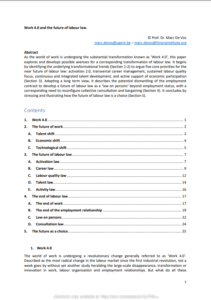 Author: De Vos M.
Author: De Vos M.
Date of Publication: 2018
The paper explores possible avenues for a transformation of labour law corresponding to the
substantial transformation referred to as ‘Work 4.0’. It begins by identifying the underlying
transformational trends (Section 1-2) to argue five core priorities for the future of labour law:
activation 2.0, transversal career management, sustained labour quality focus, continuous and
integrated talent development, and active support of economic participation (Section 3). Adopting a
long term view, it describes the potential dismantling of the employment contract to develop a
future of labour law as a ‘law on persons’ beyond employment status, with a corresponding need to
reconfigure collective consultation and bargaining (Section 4). It concludes by stressing that the
future of labour law is a choice (Section 5). [View resource]
Work 4.0 and the future of labour law Read More »





 Author: Smith C
Author: Smith C
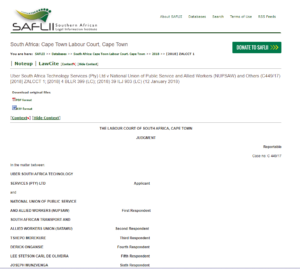

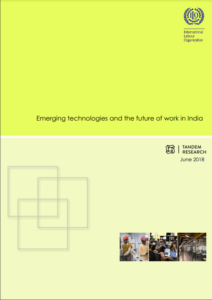 Date of Publication: 2018
Date of Publication: 2018
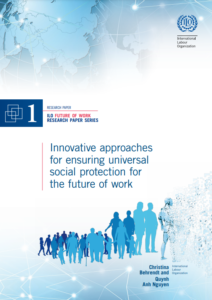 Authors: Christina Beherndt and Quynh Anh Nguyen
Authors: Christina Beherndt and Quynh Anh Nguyen
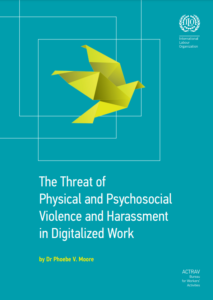 Author: Phoebe V Moore
Author: Phoebe V Moore
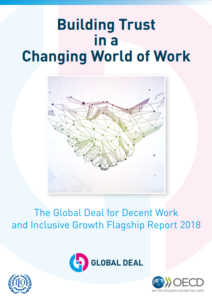

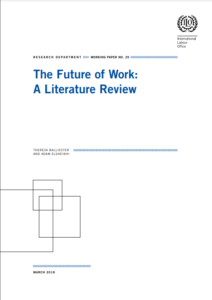

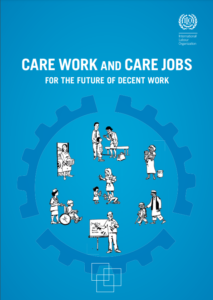 Date of Publication: 2018
Date of Publication: 2018